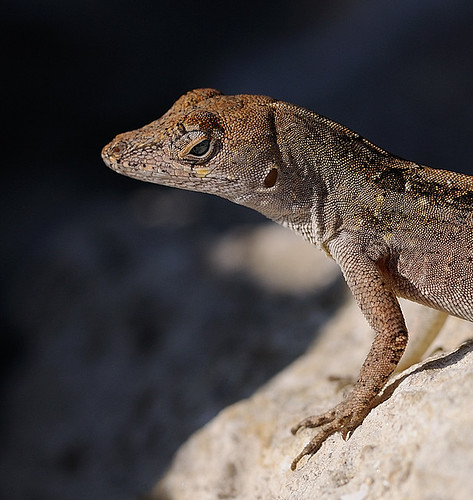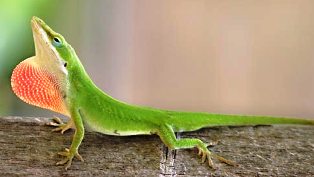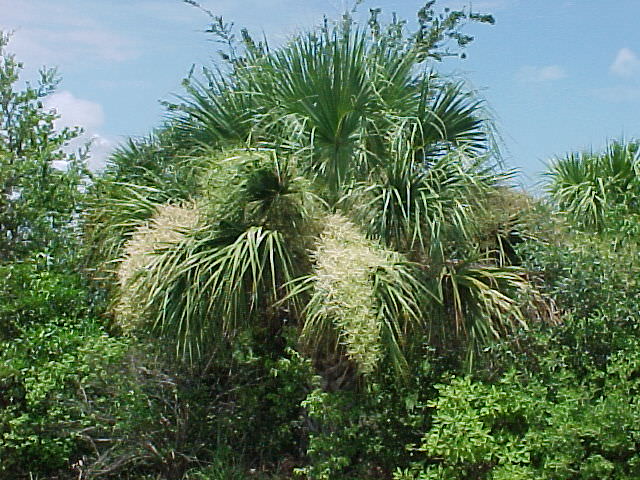To help the Native Florida Anoles a good start would to plant many native tall trees. These are the plants that they love and flourish in. Even though they will never be as abundant as they once were but we can still raise their species' numbers.
Sunday, February 19, 2012
So where can I find you guys?
Habitat
The green anole can be found in the Southeastern United States from southern Virginia to the Florida Keys and west to Central Texas and Oklahoma. It has been introduced to Hawaii.The little cuties thrive in a warm, humid, arboreal habitat.
How can we tell the female from the male lizards?
Friday, February 17, 2012
where I got my images
Brown anole eating:
http://desertlizardss.com/wp-content/uploads/2012/01/Brown-Anole-Lizard.jpg
Green anole eating:
http://upload.wikimedia.org/wikipedia/en/7/73/Green_Anole_eating_moth.JPG
Chamelion:
http://youngagropreneur.files.wordpress.com/2011/10/chameleon-1.jpg
Green anole fanning his dewlap:
http://s3.amazonaws.com/readers/2008/12/02/2476836793f1bed5078cb_1.jpg
Green anole Sitting:
https://blogger.googleusercontent.com/img/b/R29vZ2xl/AVvXsEieC45-em03J0MrYiChat9thdBODjoID89x53XVT2JC5niMUUo1ZmkuSIVsNdX3oqb7FGMFI0jucSe9Kn4e2lz1OrU1bAAiCPfTntCa6sGUOPPG_a0HdMJ4lvdTKI-ZDmPrEsytf2qbFcze/s1600/GreenAnole.JPG
Brown anole fanning his dewlap:
http://uglorable.com/media/2008/0102.jpg
Brown anole with raised backcrest:
http://www.jaxshells.org/9612.jpg
Brown anole:
http://farm4.static.flickr.com/3237/2896950069_f0236f029b.jpg
Green anole:
http://georgiainfo.galileo.usg.edu/wildlife/greenanole7.jpg
Green anole on a log fanning dewlap:
http://www.floridiannature.com/greenanole.jpg
Brown anole on a log fanning his dewlap:
http://www.tampabay.com/multimedia/archive/00035/anole450_35684c.jpeg
Low lying shrubs:
http://www.alldredgegardens.com/images/lawn10.jpg
Tall trees:
http://mgonline.com/media/Images/p/palmsabal04.jpg
Female lizard:
http://georgiainfo.galileo.usg.edu/wildlife/greenanole1.jpg
Post anal scales diagram:
https://encrypted-tbn1.google.com/images?q=tbn:ANd9GcTUkLXXvSAc3e_cTDWB3O_P-ekqSGeGMZgXRHumIQCRJcgF3sg5fg
http://desertlizardss.com/wp-content/uploads/2012/01/Brown-Anole-Lizard.jpg
Green anole eating:
http://upload.wikimedia.org/wikipedia/en/7/73/Green_Anole_eating_moth.JPG
Chamelion:
http://youngagropreneur.files.wordpress.com/2011/10/chameleon-1.jpg
Green anole fanning his dewlap:
http://s3.amazonaws.com/readers/2008/12/02/2476836793f1bed5078cb_1.jpg
Green anole Sitting:
https://blogger.googleusercontent.com/img/b/R29vZ2xl/AVvXsEieC45-em03J0MrYiChat9thdBODjoID89x53XVT2JC5niMUUo1ZmkuSIVsNdX3oqb7FGMFI0jucSe9Kn4e2lz1OrU1bAAiCPfTntCa6sGUOPPG_a0HdMJ4lvdTKI-ZDmPrEsytf2qbFcze/s1600/GreenAnole.JPG
Brown anole fanning his dewlap:
http://uglorable.com/media/2008/0102.jpg
Brown anole with raised backcrest:
http://www.jaxshells.org/9612.jpg
Brown anole:
http://farm4.static.flickr.com/3237/2896950069_f0236f029b.jpg
Green anole:
http://georgiainfo.galileo.usg.edu/wildlife/greenanole7.jpg
Green anole on a log fanning dewlap:
http://www.floridiannature.com/greenanole.jpg
Brown anole on a log fanning his dewlap:
http://www.tampabay.com/multimedia/archive/00035/anole450_35684c.jpeg
Low lying shrubs:
http://www.alldredgegardens.com/images/lawn10.jpg
Tall trees:
http://mgonline.com/media/Images/p/palmsabal04.jpg
Female lizard:
http://georgiainfo.galileo.usg.edu/wildlife/greenanole1.jpg
Post anal scales diagram:
https://encrypted-tbn1.google.com/images?q=tbn:ANd9GcTUkLXXvSAc3e_cTDWB3O_P-ekqSGeGMZgXRHumIQCRJcgF3sg5fg
What do we eat?
All anoles eat insects, this makes them insectivores
Green Anole Diet
Green Anole Diet
Green Anoles like to eat many different insects. The most favorable are ones that have wings, and big antennae. They also love small roaches, and if they get lucky, the really love moths. I think if they were food critics, on a scale one to ten (one being the worst ten being the best) a moth would probably score a ten, roach a close nine point five. The predatory movements of the green anoles are "Hunt and creep" witch means the hunt like a stalker.
Brown Anole Diet
Brown anole will eat anything without a stinger that they can fit in their mouth. But the also will eat baby green anoles. The brown anole are "stay and pounce" hunters, this means the wait for their food to come then the attack!
So, how do I know anoles are not somthing else, say chameleons?
One of the most asked questions of all time about Anoles. The are not chameleons, I'm sure if the knew some people called the that they would be honored, after all the chameleon is the peacock of the lizards. But they are not chameleons, skinks, geckos, or anything but anoles!
 |
| this is a chameleon |
Anole Anatomy
Green anole antomy
Brown Anoles
The Brown Anole (also know as the Cuban Anole) Is an invasive species of lizard, they are very ferocious compared to the mild mannered green Anole. They came from Cuba and are a trunk-ground species meaning they only live on the trunks of trees and on the ground. They are very abundant in low-lying shrubbery. They also are on of the reasons the green anoles are becoming scarce.
Green Anoles
The green Florida Anole is a native species of lizard, the lizard, although may seem abundant is actually threatened by another species of lizard, the Cuban brown Anole. The green Anoles are very shy and do not like humans. They are a Crown-trunk species, this means the live in the tops of trees and the trunks. Green Anole's favriote plants are native trees and plants with vines.
Thursday, February 16, 2012
Anloe Lizard Gallery
Welcome!
HI! this is my new blog, this blog is for a school project we are doing called a "Mini Project". For the project I have to read a book then present it is a comprehensible way. The book I chose is "Anoles: Those Florida Yard Lizards". I hope you learn a lot!
Subscribe to:
Posts (Atom)











